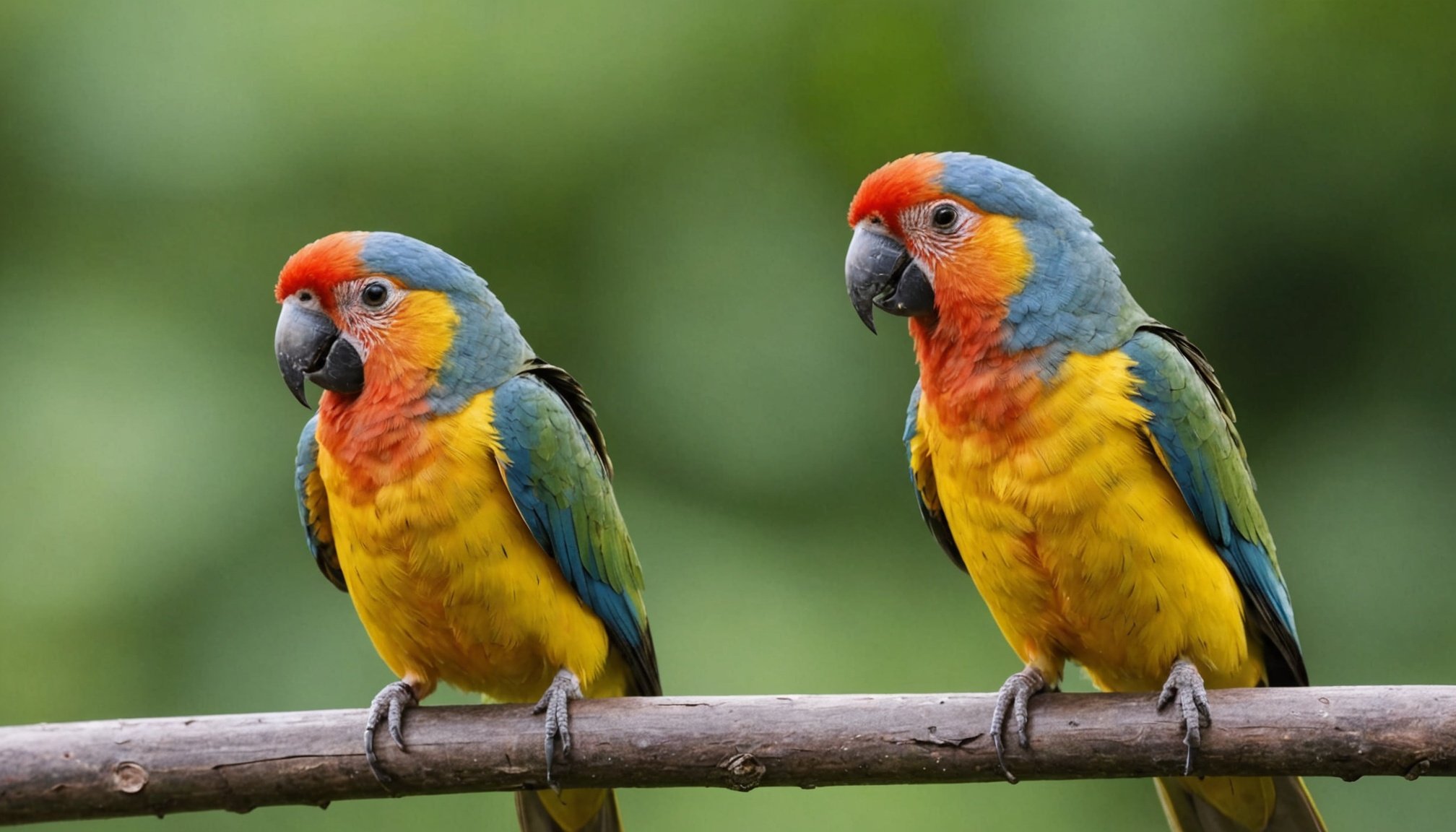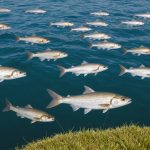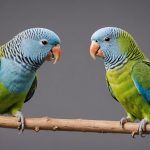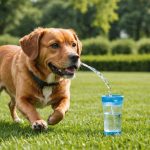Recognizing Signs of Dehydration in Pet Birds
Pet birds rely on their owners to monitor their health closely. Dehydration signs in birds can be subtle but are crucial to recognize early. Among the first indicators of dehydration is lethargy in birds. A bird that appears less active or shows a decreased interest in its surroundings could be dehydrated. This lack of energy is often coupled with fluffed-up feathers or a sunken eye appearance.
Bird health is significantly impacted by hydration levels, and understanding the signs of dehydration aids in preventing severe complications. Birds rely heavily on water for optimal organ function, making early recognition of dehydration paramount. Monitoring a bird’s droppings can also provide insight; dry, overly dark droppings may indicate fluid deficiency.
Have you seen this : Ultimate guide to crafting your ideal tropical betta fish aquarium: must-know factors for success
Furthermore, specific behaviors like an unusual panting or remaining inactive for extended periods should raise concern. Observing these physical signs and behaviors ensures timely intervention.
Preventing dehydration also entails maintaining a balanced diet and ensuring continuous access to clean water. Implementing these methods helps safeguard against the detrimental effects of dehydration. For bird owners, vigilance in recognizing these signs is key to promoting and maintaining robust bird health. By staying observant and well-informed, potential health issues related to dehydration can be effectively managed, securing a healthier life for pet birds.
Also to see : How can you enrich the habitat of your pet tarantula?
Understanding the Physiological Impact of Dehydration on Birds
Dehydration in birds significantly affects bird physiology, leading to various health challenges. Essential organs such as the kidneys, liver, and heart rely on adequate hydration for optimal function. Without sufficient water, these organs can suffer, resulting in severe bird health issues like impaired metabolism and reduced immune function.
Water plays a critical role in avian health, supporting metabolic processes and facilitating nutrient transportation throughout the body. Dehydration disrupts these processes, hindering a bird’s ability to maintain its energy levels and overall vitality. Over time, the impact of dehydration can become more pronounced, resulting in chronic conditions if left unaddressed.
Long-term consequences of untreated dehydration may include kidney damage or organ failure, which can be detrimental to a bird’s quality of life. Birds are susceptible to dehydration due to their high metabolic rates and small water reserves. Thus, monitoring their fluid intake is essential for maintaining their health and well-being.
Recognizing dehydration effects early on allows for timely interventions, preventing further complications. By ensuring continuous access to clean, fresh water and understanding the importance of water in avian diets, bird owners can help mitigate the risks associated with dehydration. This proactive approach is vital to safeguarding birds from the harsh physiological impacts of water deficiency.
Proven Prevention Techniques for Dehydration in Birds
Preventing dehydration is crucial for maintaining optimal bird health. Employing effective hydration strategies for birds ensures their well-being. One key method is ensuring the availability of clean, fresh water at all times. Birds need regular access to water as it supports their high metabolism and critical functions.
Effective Hydration Strategies
Incorporating fresh fruits and vegetables, which are high in water content, into a bird’s diet can significantly aid hydration. These foods not only provide necessary nutrients but also contribute to water intake. Additionally, offering water-rich foods encourages natural foraging behavior, keeping birds engaged.
Nutritional Considerations for Proper Hydration
Understanding bird dietary needs is paramount in preventing dehydration. A balanced diet rich in diverse nutrients and moisture helps maintain healthy hydration levels. Be cautious of overly dry seeds or pellets, as they might not provide the necessary moisture content.
Monitoring Techniques for Bird Owners
To ensure birds remain well-hydrated, regular monitoring is essential. Conduct weight checks frequently; sudden changes might indicate hydration issues. Observing behavior for signs of dehydration, such as lethargy in birds or reduced activity, is indispensable.
By implementing these prevention methods, bird owners can significantly enhance their pets’ overall health and vitality. Keeping birds hydrated is a proactive measure that wards off the adverse effects of dehydration.
Visual Aids and Resources for Bird Owners
Navigating the nuances of bird care can be challenging, especially when it comes to monitoring hydration. Integrating visual aids for bird health into your routine can provide a helpful framework for maintaining optimal bird health. Utilizing hydration checklists is an effective solution for tracking fluid intake and other health metrics. These lists serve as prompts for daily assessments, such as checking fresh water availability and observing droppings.
Visual reminders placed throughout your home are also beneficial. This could be in the form of notes near your bird’s cage or on your phone as an app alert. They ensure you don’t forget routine tasks that help sustain your bird’s wellbeing.
Furthermore, connecting with veterinary resources can offer valuable insights. Many vets provide pamphlets or online guides that outline key strategies and warning signs to watch for. These resources serve as indispensable tools for bird owners who want to ensure they’re doing everything possible to prevent dehydration.
Finally, consider joining online forums or local bird clubs. These platforms provide access to shared experiences and advice on effective hydration checklists and other bird care resources. By utilizing these aids, you can establish a robust approach to maintaining your feathered friend’s health.











